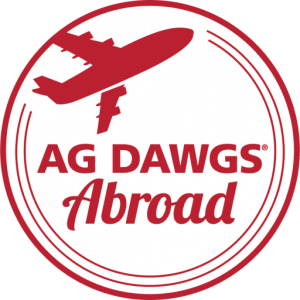We visited the University of Economics where we heard from several professors. One specifically that stood out to me was the lecture we heard about Nudges. This was taught by Niki Stiriou, the Executive Search and Design Consultant at ReBorn. She had an interesting lecture and talked to us about the use of Nudges in the workplace. So, what is a nudge? A nudge is easily described as a way to gently encourage someone to do something. Behind this simple definition, there is a world of possibilities and opportunities for growth. The Basics of Nude Theory holds several key factors. These are bounded rationality, nudges, and freedom of choice. Bound rationality describes the way that we as humans make decisions that depart from perfect economic rationality. Instead of using the “best” choices we often make choices that are satisfactory in the moment. Nudges in the theory sense are used as a tool. An example of this would be a fast-food restaurant asking you if you would like to upgrade your drink or fry size for a very low price. The last principle of the Nudge Theory is Freedom of Choice. This is almost exactly how it sounds, an individual’s opportunity and autonomy to perform an action selected from at least two available options, unconstrained by external parties. This is also the freedom of economic agents to allocate their resources as they see fit, among the options (such as goods, services, or assets) that are available to them. The Nudge Theory is based on behavioral economics. Some general nudge categories are default options, simplification of choice architecture, feedback, mapping, error prevention, social nudges, and incentives. I learned how to properly use nudges in the workplace and how beneficial they can be.
Nudges in the Greek Business Culture
Posted in: Faculty-led, Greece, Maymester, Program type, Semester, The Case of the Greek Financial Crisis
